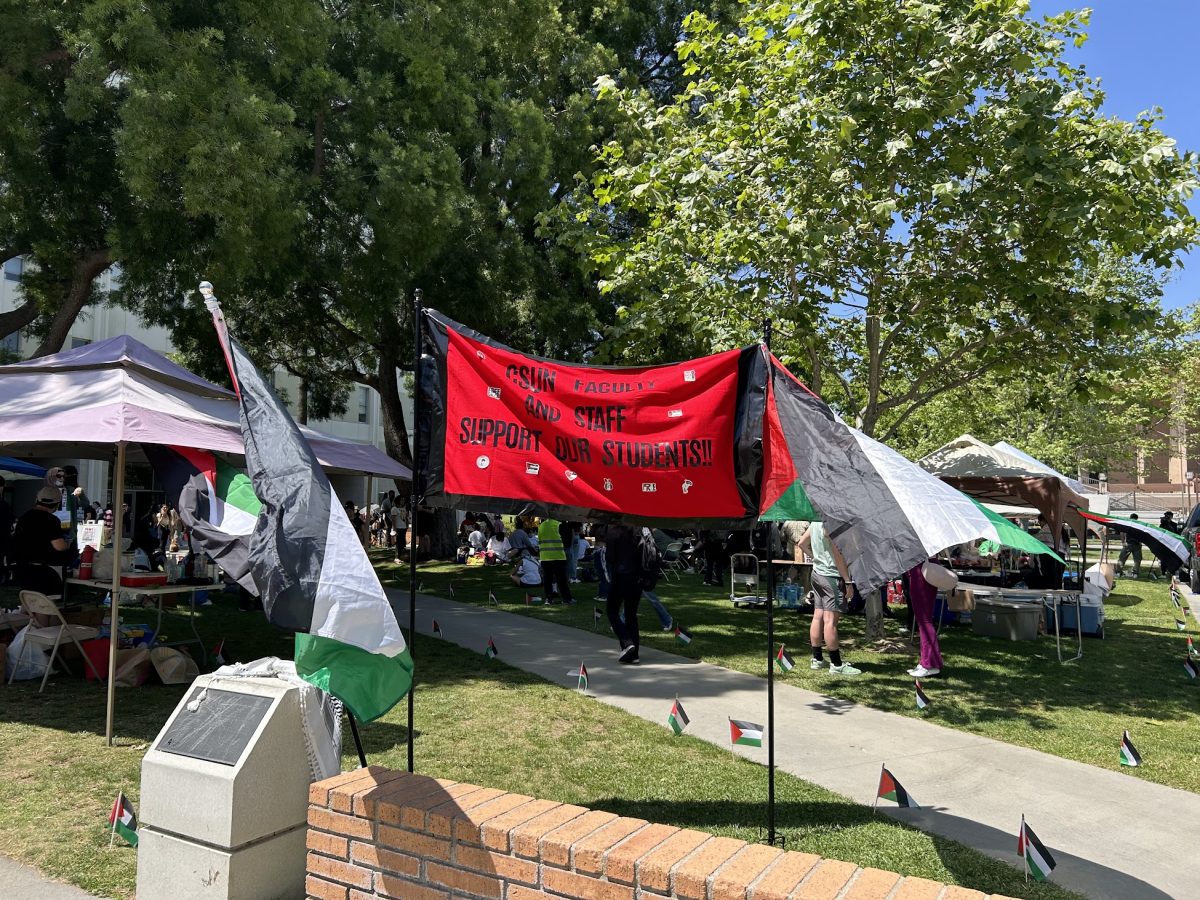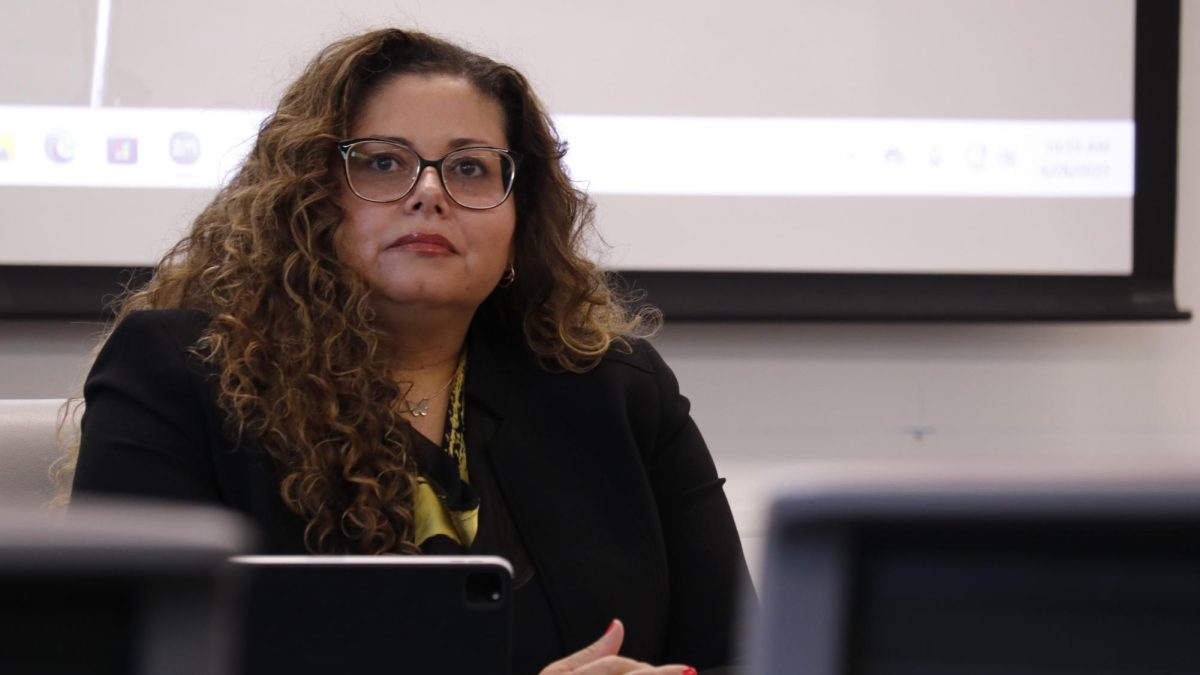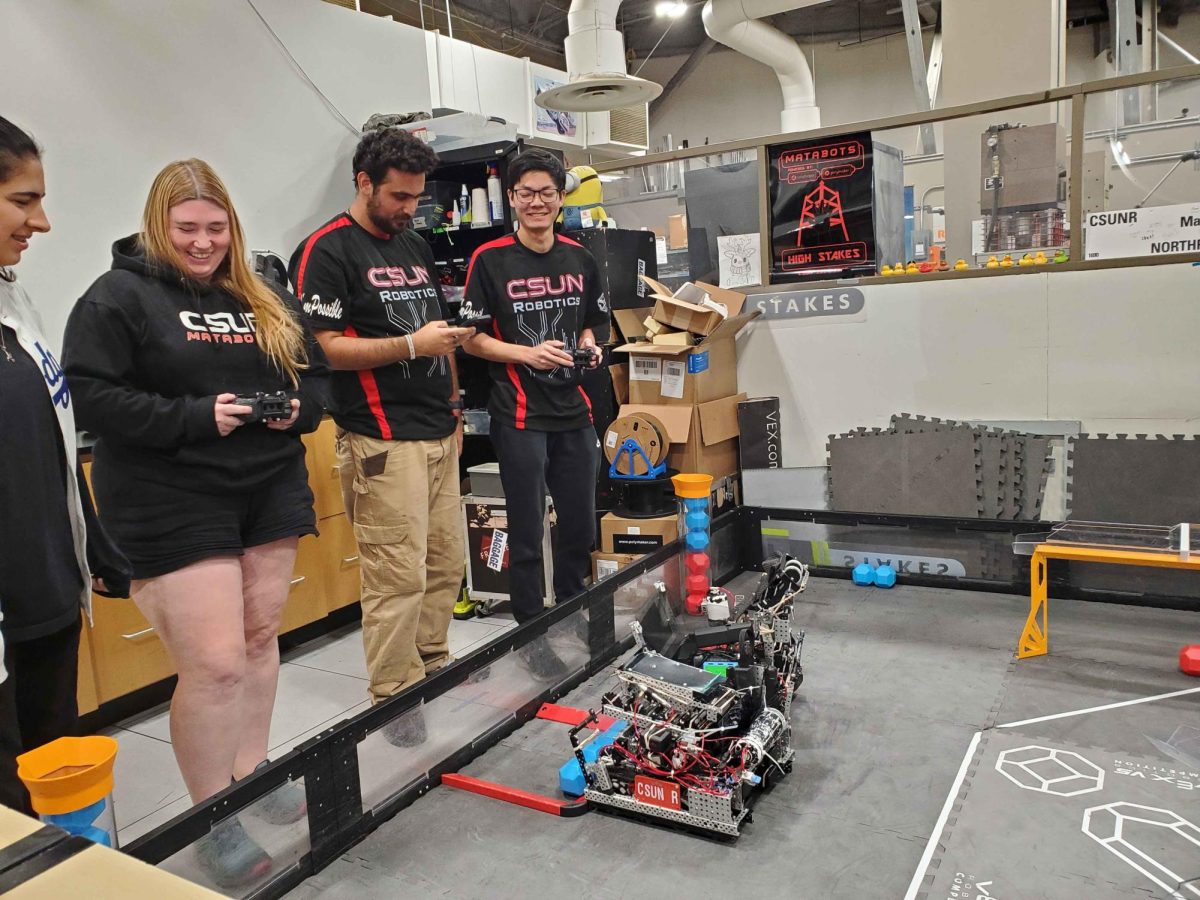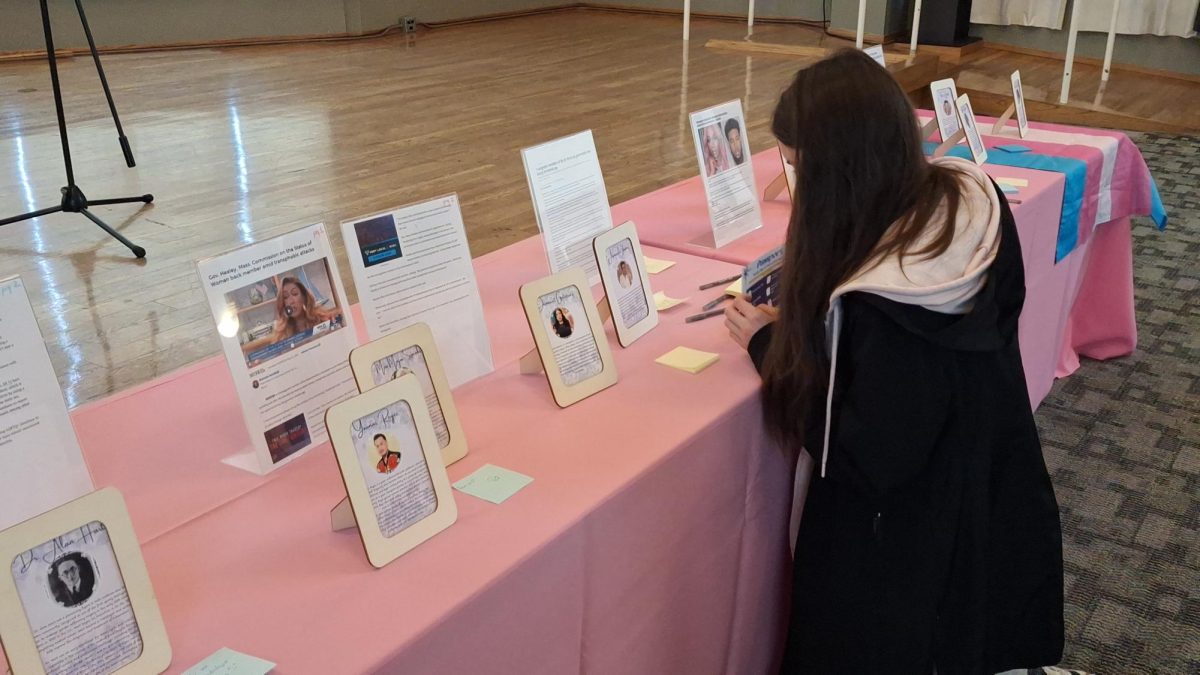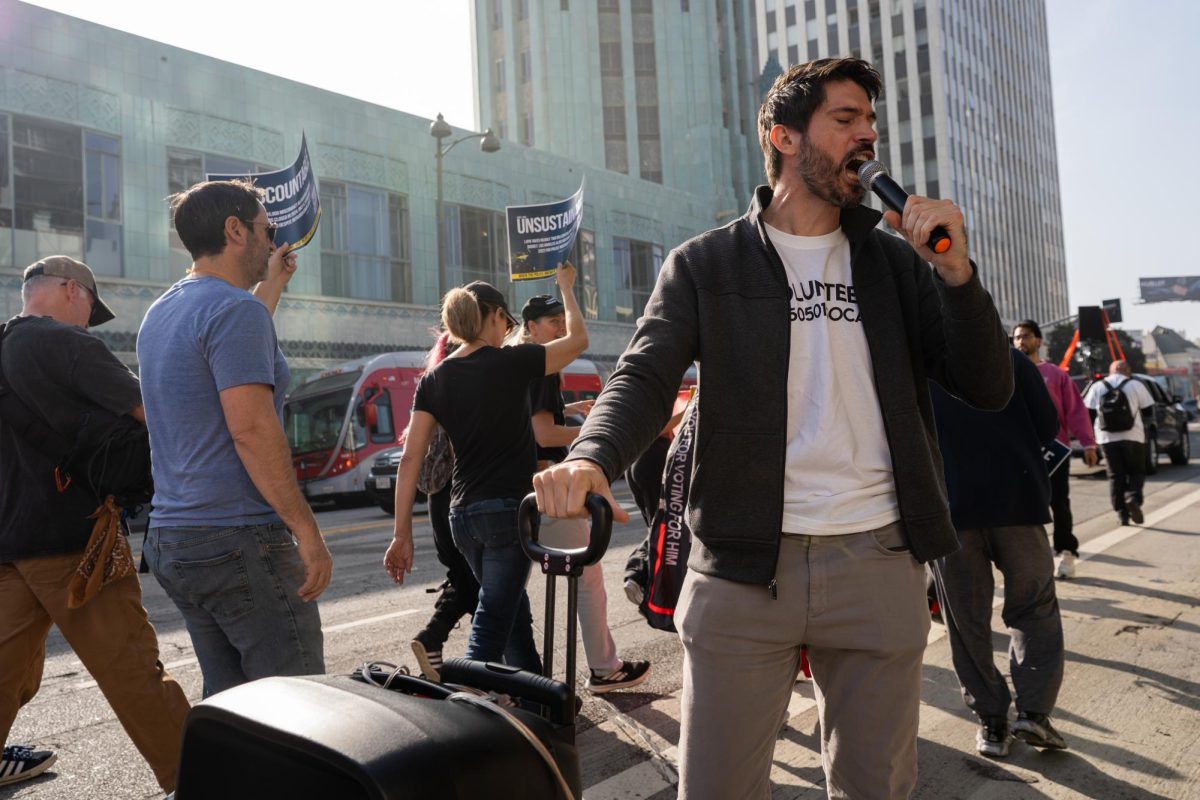At the end of last month, the California State University Chancellor’s Office implemented a Systemwide Time, Place and Manner Interim Policy that outlines prohibited activities on CSU campuses. This directive also includes standards that determine the “time, place and manner” in which certain activities, such as protests and other gatherings, may be conducted on university property.
CSU Northridge students and employees received an email to their CSUN accounts on Aug. 29, 2024, that explained that while the CSU values free expression, these policies are necessary to uphold the educational mission of the CSU system.
“To support and achieve that mission, the CSU must maintain an environment where its work can be conducted without disruption, in accordance with the highest standards of institutional integrity, and with recognition of the rights, privileges and responsibilities of university community members and members of the public,” states the CSU Chancellor’s Office states on its website.
Forbidden campus activities include encampments and camping, setting up unauthorized structures or barriers, restricting free movement, masking to conceal identity with intent to violate laws or policies and occupation of buildings and facilities.
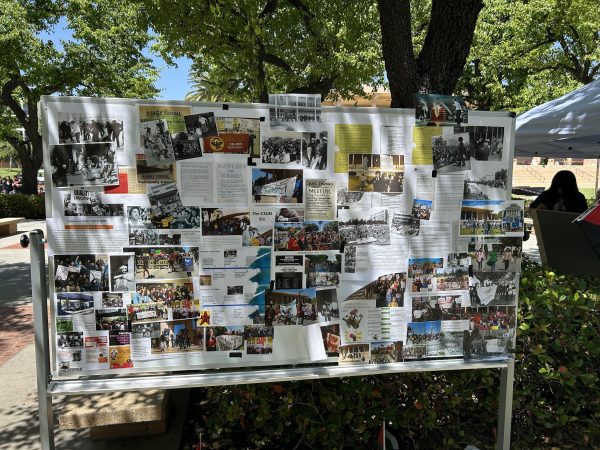
“The creation of the systemwide policy was in response to a new legislative requirement from the California State Legislature,” said Hazel Kelly, CSU spokesperson. “The Time, Place and Manner policy is all about how university property may be used, but does not prohibit or inhibit an individual’s right to free expression. The regulations ensure that those who participate in lawful expressive activities are protected and do not disrupt university operations or infringe on the rights of others.”
Some speculate these regulations were put in place to combat the actions of pro-Palestinian student groups like Students for Justice in Palestine. The organization was seen protesting on CSUN’s campus earlier this year in response to the heightened Israel-Palestine conflict.
“Who’s going to listen to us if we’re not disruptive? Who’s going to listen to us if we don’t have an encampment, if we don’t try to make it clear to the institution that we won’t take no for an answer? They want us to not be disruptive because they want our protests not to result in anything. They know that the key is in the disruption,” said Michelle Levin, president of SJP at CSUN. President Michelle Levin. “They’re basically telling us ‘You can protest, but don’t expect anything to be done in response. You can protest, but don’t expect your protests to be taken seriously.’ What kind of freedom is that?”
Each CSU campus has created an addendum to the systemwide policy. CSUN’s addendum highlights the university response team responsible for implementing and enforcing these new policies.
The addendum identifies Dr. William Watkins, Vice President for Student Affairs & Dean of Students as the Designated University Official for CSUN with responsibility for oversight, implementation and enforcement of the Systemwide Time, Place, and Manner Policy, and the CSUN Addendum.
Dr. Watkins declined to comment.
Additionally, the CSUN Addendum categorizes university spaces into public areas, limited areas, and non-public areas.
“Public Area is University Property that is available for public assembly, marches, demonstrations, protests and debate. Right of access and equality of access are provided in these areas, so long as activities are lawful and do not disrupt University operations,” states the CSUN Addendum. “Spontaneous activities may take place in Public Areas without pre-scheduling or reservations.”
The addendum also puts specific limitations on posters, signs, banners and chalking, as well as drone usage on campus.
Further, the addendum encourages the reservation of events and activities, including protests, through designated offices. For example, the Division of Student Affairs suggests that campus groups make arrangements for their activities through the Matador Involvement Center.
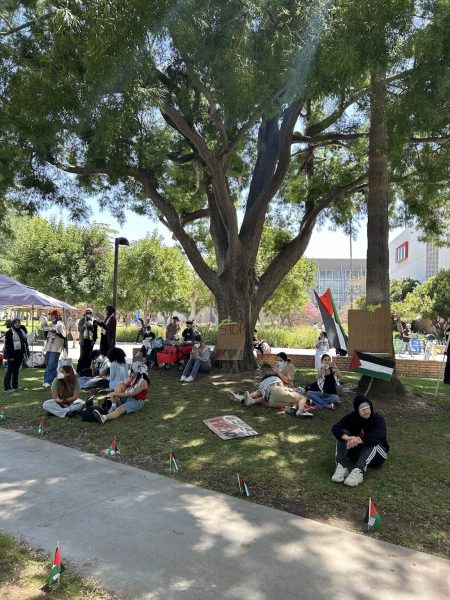
The Matador Involvement Center is the subsection of the Division of Student Affairs where recognized campus clubs and organizations can make outdoor space and tabling reservations, as well as review student codes and policies.
Despite reassurances from the Chancellor’s Office, SJP remains concerned about the implications of the new policy and how it could impact student and faculty freedoms at CSUN. However, the student organization is not discouraged by the new regulations.
“It’s scary, but it’s more hypocritical. It irks me, the way that [the CSU] can get away with [its] crimes, but presses down on us for not even doing anything harmful. For merely having the guts to disrupt things,” Levin said.
During the Spring 2024 semester, SJP at CSUN held its “People’s University for Gaza” teach-in, in which participants talked, ate, made crafts, set up tents and listened to music and speakers. The peaceful event was originally planned to last for multiple days, but SJP decided to consolidate its efforts and help out at campuses hosting larger protests.
The goal of the SJP event was to convince university faculty to adhere to its demands.
These demands included university divestment from companies funding Israeli military operations, reinvesting those funds into students and faculty, canceling the CSU contract with the University of Haifa and protecting academic freedom for students and faculty.
“I don’t think this will really change anything because we aren’t, as an organization, really afraid. I don’t think SJP in general has been afraid of targeted repression. It’s something that we are aware is going on and it has always been something taken into consideration,” Levin said. “It might actually bring even more to the movement, bring even more students, frustrated, to the movement.”
